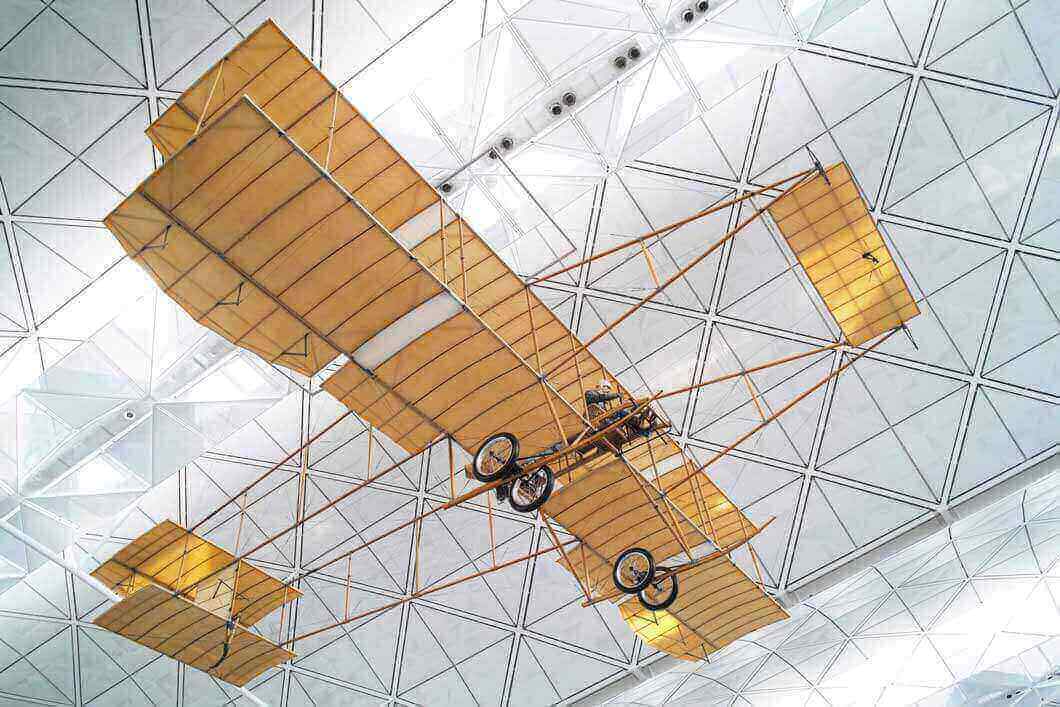THE AEROLUTION OF MOBILITY
01.02.2018
What was still impossible yesterday, has become reality today. We are witnessing a revolution of mobility in the skies. For us at FACC this means to keep an open mind, put out our feelers, and think ahead in order to stay ahead. In this connection, we distinguish between near, medium-term, and distant future.
Near future – daily business
Here, the main focus remains on further optimizing conventional aircraft. FACC will strive to make aircraft more lightweight, low noise, efficient, eco-friendly, comfortable and their production more cost-effective. New materials, technologies, and product solutions will be developed and readied for series production. Key priorities will include bionic structures modeled on nature, "life-cycle monitoring" (self-monitoring primary structures), and integral designs to reduce component diversity.
Medium-term future – individual e-mobility
In the medium term, we will see an individualization of air traffic and e-mobility. Keywords such as "pilot-free air taxis" or "autonomous aerial vehicles" denote opportunities to use aerial vehicles instead of cars in order to travel from one city to another within a very short time. Regarding this future technology, FACC has already started talks about potential joint projects – with both globally leading enterprises and startups.
Distant future – mobility in new spheres
Adaptive surface structures, so-called morphing surfaces, and the increased use of bionics could lead to new solutions. Scientists are already working on concepts for fuselage structures modeled on lightweight bird bones, or on "shark skin" aircraft. Supersonic aircraft reaching velocities of more than 8,000 km/h have already been thought about. The border between air space and outer space could disappear, and trips to the Moon or Mars could become reality.
However air travel will develop in the next decades, FACC will play an active role in shaping future mobility. This is our primary corporate objective.












